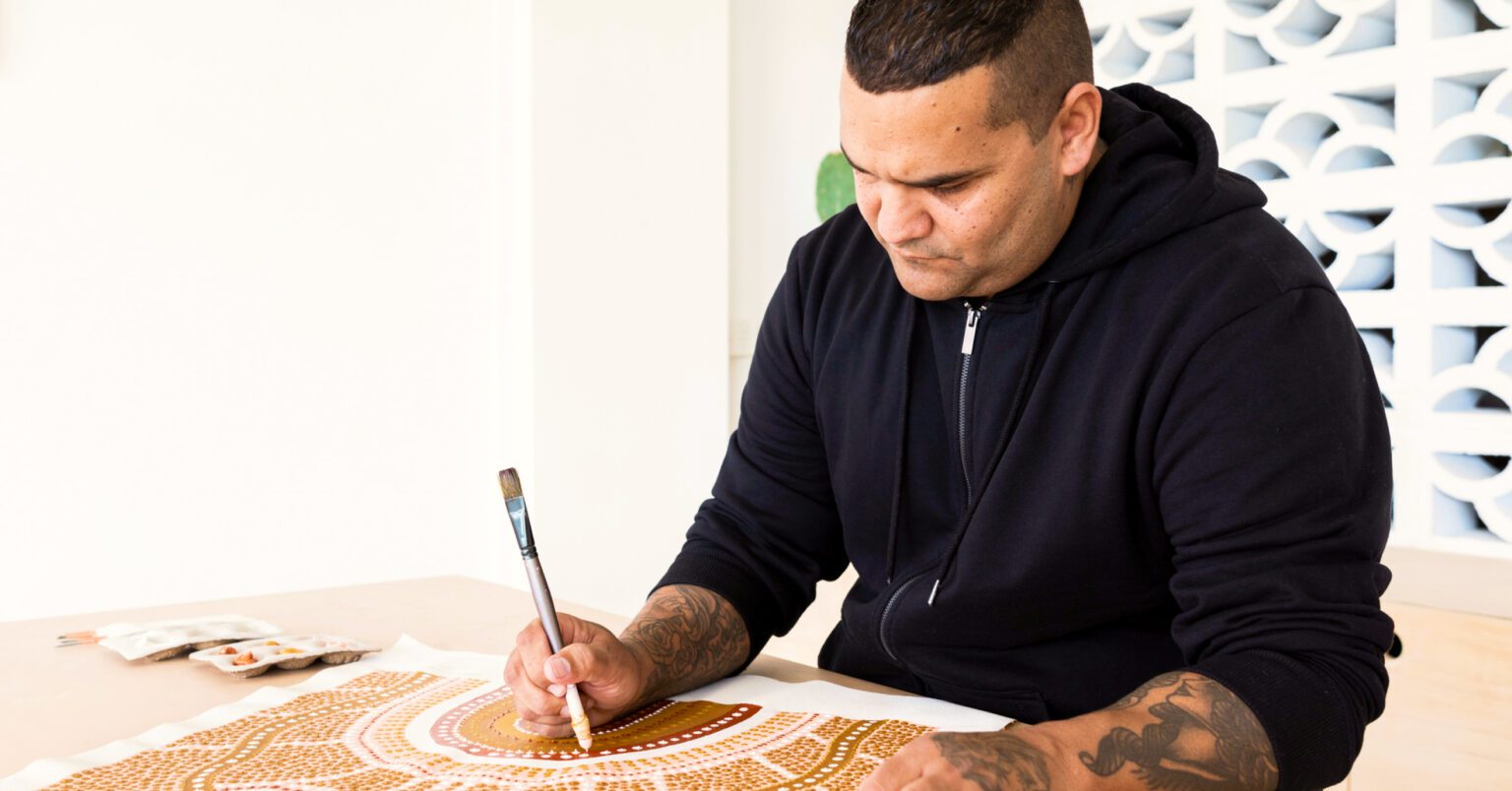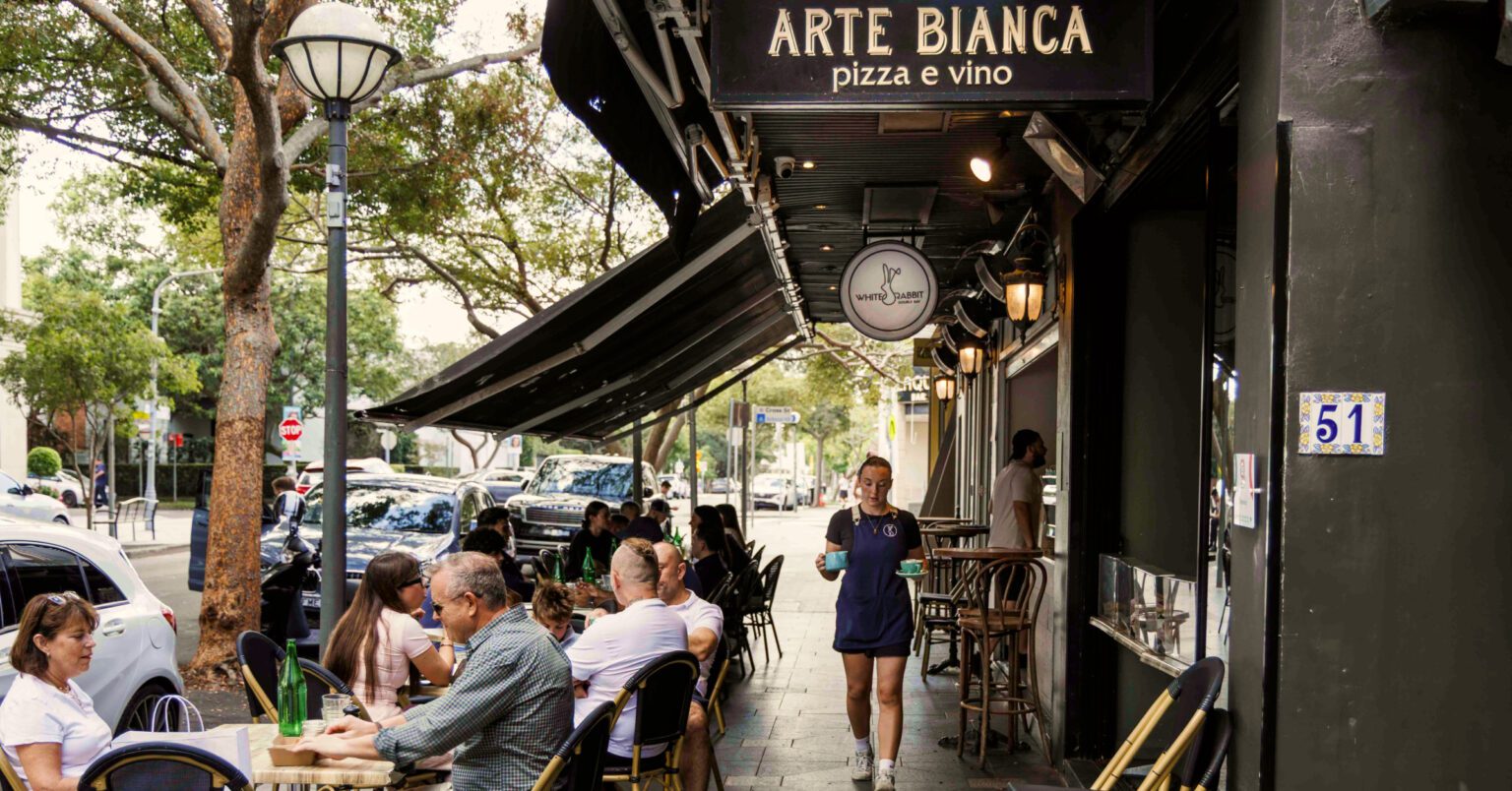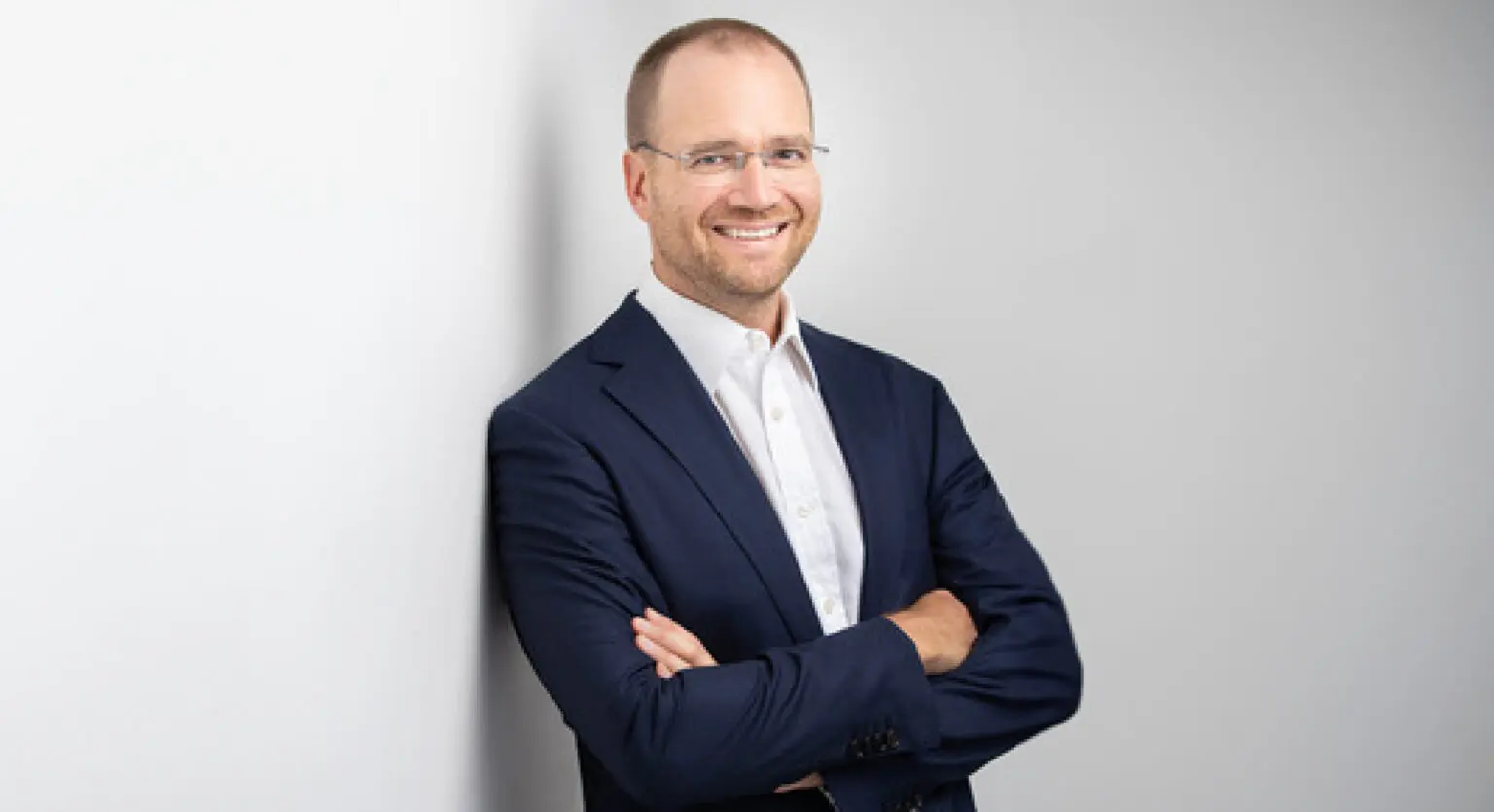For years, artist Dione Trethewey struggled to find space to create bigger artworks using steel and found objects. She also wanted to expand her small studio and pursue her love of large-scale installation work.
So when she received a larger-than-expected payout following a recent separation, she got busy finding a bigger workspace and investing in more powerful tools.
Would she do anything differently? “I’d probably put more into my super. I spent such a long time out of the workforce raising my kids and I didn’t put anything into it for years.”
Trethewey says it’s easy to get caught up in the moment when a windfall occurs. “At the time, I chose to expand my workspace and I’m almost 100% happy with that, but I might have gone down a slightly different path if I’d given myself a bit more time to think about it.”
Building blocks
Maurice Fitzgerald, a Sydney builder with more than 30 years in the construction game, had more than enough work to keep him busy. But when he received a small inheritance of just over $5,000, he saw an opportunity to channel the money into advertising and marketing his business.
“I’ve always won clients through word of mouth but over the last few years I’ve seen a lot of other builders using massive weatherproof signage out the front of their jobs. I was stuck using A3 corflute signs because I’d rather make sure my workers are paid than dig into my cash flow.”
But when his inheritance windfall arrived, Fitzgerald was determined to invest in more eye-catching signage, as well as a new website. And while the website is still under construction, he says he’s already experiencing an uptick in enquiries from his new signs.
“The extra funds gave me enough to get a few things done that I’d put on the backburner. I could have taken the kids on a holiday, but I figured I might not get this opportunity to pump money into my marketing again. I did take the kids out for Chinese though!”
Information is power
While Trethewey and Fitzgerald are reasonably satisfied with their windfall investments, financial advisor with EQ Wealth and winner of the 2019 AFA Adviser of the Year Simone Du Chesne might have advised a little differently.
“It’s important not to react too quickly when you get a windfall,” she says. “The first thing people should do is consider all their options, do their research and work out what will give them the best long-term benefit. Then make sure you do something so the money doesn’t fritter away.”
Du Chesne believes the best advice starts with understanding your financial goals. “Beyond wanting freedom to follow their passions, to work hours they want and make a living, most people are in business for themselves, to prepare for a comfortable and debt-free retirement,” she says.
Short-term versus long-term goals
Du Chesne says short-term financial goals, like a holiday or reducing small debts, are usually okay, “But the number-one long-term goal is almost always to reduce non-deductible debt, typically your mortgage, then make a contribution to your super fund which, depending on the amount you put in, can be a tax deduction,” she says. “A super contribution up to the current concessional cap of $25,000 is a tax deduction.”
Depending on your financial situation and priorities, Du Chesne says once you’ve paid down non-deductible debt, that opens up other options.
“For example, you can borrow against the extra equity in your home, then use that money to potentially grow your business. That changes the borrowing from being non-deductible to deductible, and you’re leveraging your windfall to grow your wealth.”
Finally, the most important thing, she says, is to have a plan and to seek advice for your circumstances. “I’d recommend speaking to your financial advisor or accountant to work out what the best plan looks like.”
Talk to Prospa about how a small business loan or line of credit could help your business. Call us on 1300 220 215.








